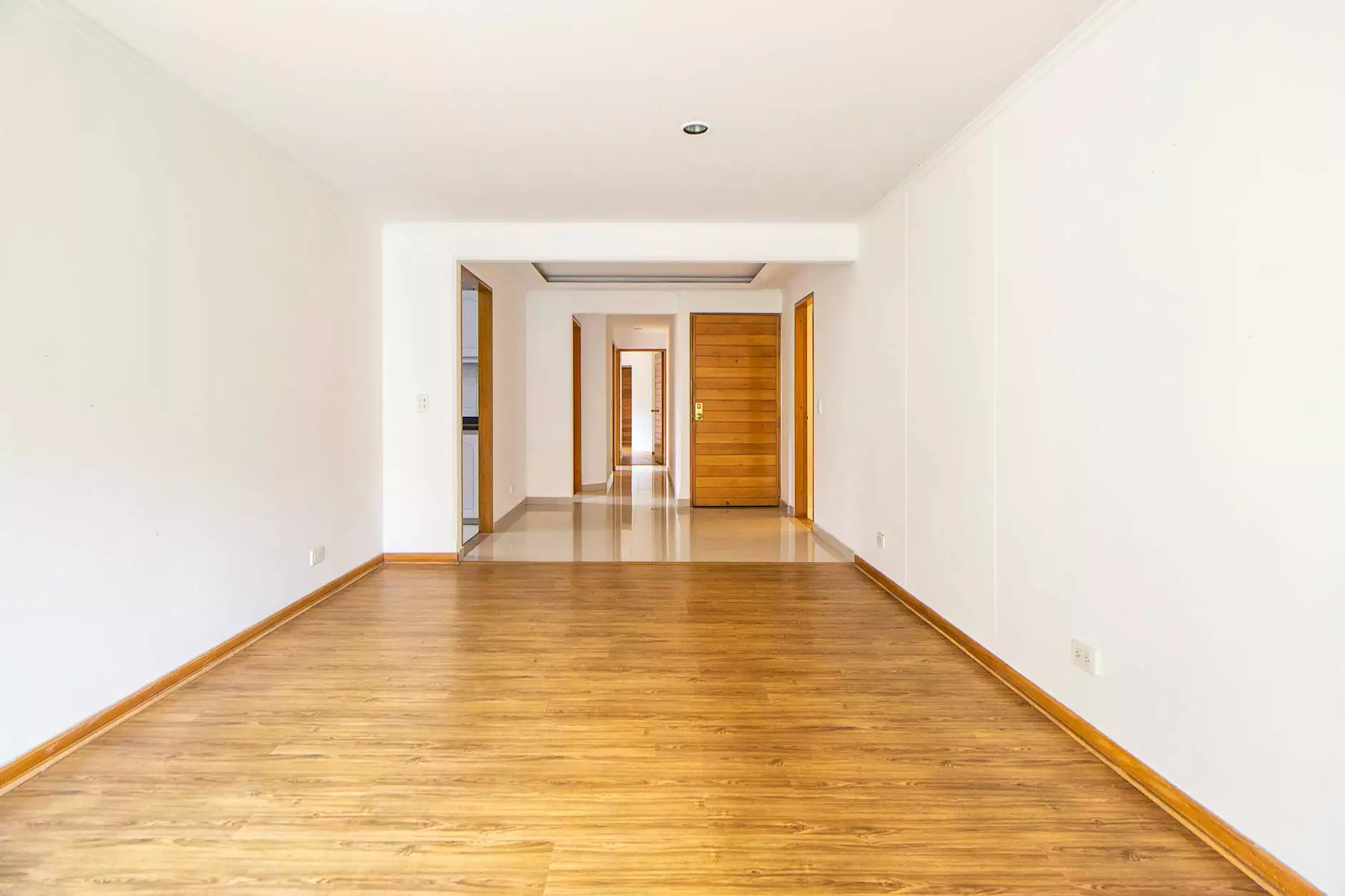Understanding the Importance of Repairing Your Air Conditioning System

In today's fast-paced world, maintaining a cool and comfortable environment in our homes and workplaces is vital. Air conditioning systems, often referred to as aircond, play a crucial role in achieving this comfort. However, like any mechanical system, air conditioners can experience issues that require timely repairs. In this article, we delve deeply into the repair aircond process, exploring its importance, common issues, and effective solutions.
Why Regular Air Conditioning Maintenance is Essential
Regular maintenance of your air conditioning system is not just a good practice; it is essential for several reasons:
- Improved Efficiency: A well-maintained air conditioning system operates more efficiently, lowering energy costs.
- Extended Lifespan: Routine repairs can extend the longevity of your air conditioner, delaying the need for a costly replacement.
- Better Air Quality: Regular maintenance helps in keeping the air free from dust and contaminants, resulting in cleaner indoor air.
- Reduced Risk of Breakdowns: Proactive repairs minimize the chances of unexpected breakdowns, especially during peak usage seasons.
Common Air Conditioning Problems
Understanding the common problems that can affect your air conditioning system is the first step in ensuring effective repair aircond solutions. Here are some typical issues to watch for:
1. Insufficient Cooling
If your air conditioner fails to cool down your space adequately, it could indicate several problems:
- Dirty Air Filters: Clogged filters restrict airflow, causing the system to work harder.
- Refrigerant Issues: Low refrigerant levels likely indicate a leak that needs immediate attention.
- Faulty Thermostat: An inaccurate thermostat can prevent the system from operating correctly.
2. Refrigerant Leaks
Refrigerant is crucial for your system's cooling process. If there is a leak, the system may struggle to maintain the desired temperature, leading to increased energy consumption and potential system failures.
3. Strange Noises
Unusual sounds from your air conditioning unit can signal mechanical problems. Common noises include:
- Banging: Indicates loose or broken parts.
- Hissing or Bubbling: Suggests refrigerant leaks.
- Screeching: Could be a sign of a failing motor or compressor.
4. Frequent Cycling
If your system frequently turns on and off, it may be a sign of an oversized unit or a malfunctioning thermostat. This can lead to premature wear and tear on the equipment.
Steps to Effective Air Conditioning Repair
When faced with a problem, knowing the steps to effectively repair aircond can be incredibly beneficial. Here’s a comprehensive guide:
Step 1: Diagnosing the Problem
The first step in the repair process is diagnosing the problem. This involves checking:
- Thermostat settings
- Air filters for cleanliness
- Refrigerant levels
Step 2: Performing Preventive Maintenance
Regular preventive maintenance may include:
- Cleaning or replacing air filters
- Cleaning the condenser coils
- Checking the condenser and evaporator fan for proper function
Step 3: Fixing Refrigerant Leaks
Addressing refrigerant leaks requires specialized tools and knowledge, thus it is crucial to contact a professional technician for this repair.
Step 4: Replacing Faulty Components
When components like capacitors, contactors, or motors fail, they need to be replaced. Regular inspections can often identify these issues before they become serious problems.
DIY Tips for Air Conditioning Repair
While some repairs should be left to professionals, you can handle certain maintenance tasks yourself. Here are some helpful DIY tips:
- Change Air Filters Regularly: This is a quick and easy task that significantly impacts performance.
- Clean the Outdoor Condenser Unit: Remove debris, leaves, and dirt to enable proper airflow.
- Check the Drain Line: Ensure the drain line isn't clogged to avoid water damage.
- Inspect Insulation on Ductwork: Ensure all ductwork is properly insulated to maintain efficiency.
When to Call a Professional for Air Conditioning Repair
While DIY projects can save you money, some situations require the expertise of a trained technician:
- Complex Electrical Issues: If you face issues with electrical components, it's best to call a professional.
- Major Refrigerant Leaks: Handling refrigerants requires certification and expertise.
- Frequent Breakdowns: If your system continually requires repairs, a technician can assess the bigger picture.
Choosing the Right Air Conditioner Repair Service
Choosing the right service provider is crucial for the efficacy of your repair aircond needs. Here are tips to find the best professional service:
- Check Qualifications: Ensure the technician is licensed and insured.
- Read Reviews: Look up customer testimonials and reviews online.
- Ask About Experience: An established company will have the experience necessary for thorough repairs.
- Get Estimates: Obtain written estimates from multiple services to compare pricing.
The Benefits of Professional Air Conditioning Repair
Investing in professional repair aircond services brings numerous benefits, including:
- Guaranteed Work: Professional repairs often come with warranties, giving you peace of mind.
- Time-Saving: Techs have the experience and tools to get the job done quickly and correctly.
- Expert Diagnosis: Professionals are better trained to identify the root of complex issues.
Conclusion: Prioritize Your Air Conditioning System
Your air conditioning system is an important investment that ensures comfort in your home or business. Regular maintenance and prompt repair aircond services can significantly extend its lifespan, enhance its performance, and improve your indoor air quality. By understanding common problems, performing routine checks, and knowing when to seek professional help, you can ensure your air conditioning system remains in peak condition throughout its service life.



